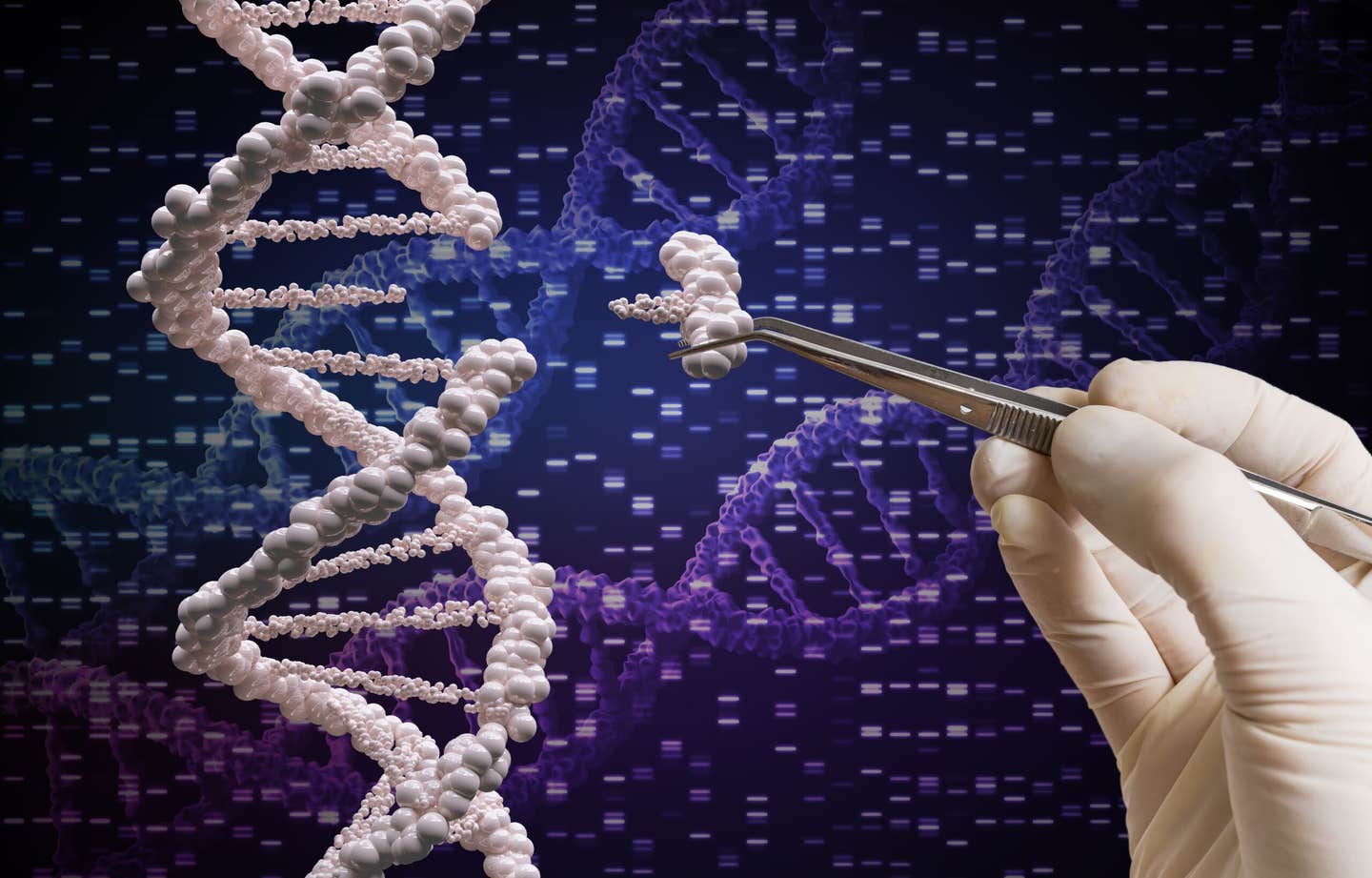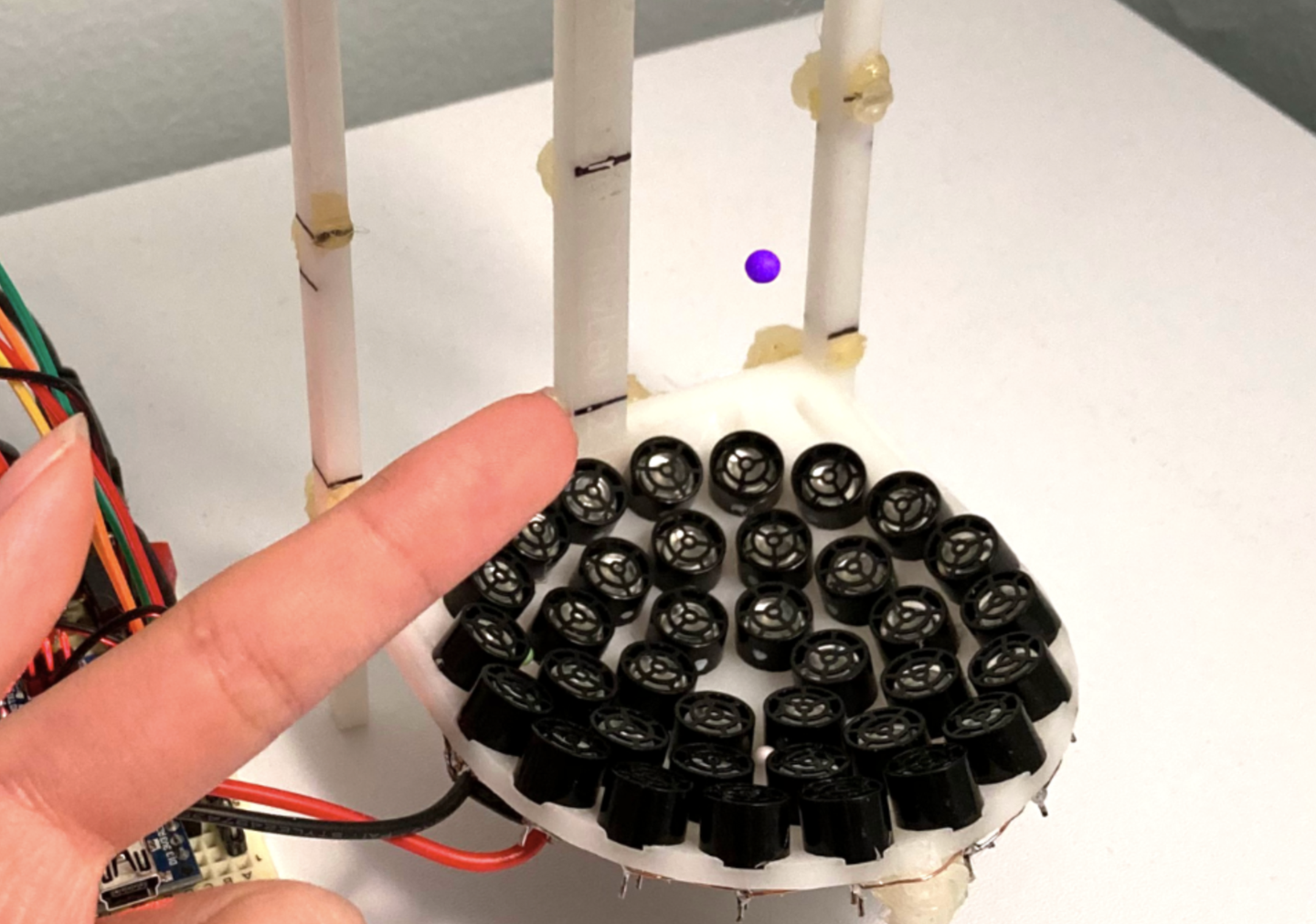World’s first CRISPR gene-editing treatment just received regulatory approval
Casgevy is designed to address two debilitating blood disorders: sickle cell disease (SCD) and transfusion-dependent beta-thalassemia.

[Nov. 28, 2023: JJ Shavit, The Brighter Side of News]
Casgevy is designed to address two debilitating blood disorders: sickle cell disease (SCD) and transfusion-dependent beta-thalassemia. (CREDIT: Creative Commons)
In a groundbreaking development in the field of medicine, the world's first treatment utilizing CRISPR gene-editing technology has received regulatory approval. Exa-cel, known by its brand name Casgevy, achieved this historic milestone when the U.K. Medicines and Healthcare products Regulatory Agency (MHRA) granted its approval on November 16, 2023.
Casgevy is designed to address two debilitating blood disorders: sickle cell disease (SCD) and transfusion-dependent beta-thalassemia. This approval by the MHRA marks a significant step forward in the realm of gene therapy. However, as the world anticipates the potential of this groundbreaking treatment, questions surrounding affordability and long-term safety linger.
A Lifeline for Those Affected by Genetic Blood Disorders
The approval by the MHRA marks a significant advancement in medical science, particularly for individuals suffering from sickle cell disease and transfusion-dependent beta-thalassemia. These are lifelong, genetic disorders caused by mutations in the genes responsible for hemoglobin production, a vital protein required for oxygen transport within the body.
Related Stories
Sickle cell disease, affecting over 100,000 people in the U.S. alone, disproportionally impacts certain populations, with 1 in every 365 Black babies born with the condition. SCD causes red blood cells to assume a C-shape, leading to their rapid destruction and obstruction of blood vessels. This results in anemia and severe pain crises for affected patients.
Beta-thalassemia, affecting roughly 1 in 100,000 individuals worldwide, particularly those of Mediterranean, Asian, African, and Middle Eastern descent, leads to insufficient hemoglobin production, resulting in severe anemia. In the case of transfusion-dependent beta-thalassemia, patients rely on regular red blood cell transfusions to maintain their health.
The CRISPR Revolution: How Casgevy Works
Casgevy, a groundbreaking gene-editing therapy, is founded on the revolutionary CRISPR gene-editing technique developed in 2012. CRISPR, or Clustered Regularly Interspaced Short Palindromic Repeats, functions as a molecular scalpel, directed by the enzyme Cas9 and guided by RNA molecules, to precisely target and edit specific genes.
CRISPR-Cas9 gene editing complex and cells, illustration. The CRISPR-Cas9 protein (blue and pink) is used in genome engineering to cut DNA (deoxyribonucleic acid). It uses a guide RNA (ribonucleic acid) sequence (orange) to cut DNA (purple) at a complementary cleavage site. (CREDIT: Nature Biotechnology)
In the case of Casgevy, the target gene is BCL11A, responsible for regulating the switch from fetal hemoglobin to adult hemoglobin after birth. In individuals with SCD and beta-thalassemia, adult hemoglobin is defective, necessitating the disabling of BCL11A. This involves extracting blood-making stem cells from the patient's bone marrow, editing the BCL11A gene using Casgevy in a laboratory setting, and subsequently reintroducing the modified cells with functional hemoglobin back into the patient's body. To prepare for this infusion, patients must undergo chemotherapy with a drug called busulfan to eliminate unedited cells from their bone marrow.
The process of transitioning to the edited cells is time-consuming, often requiring patients to spend at least a month in a hospital while the modified cells take residence in the bone marrow and commence the production of red blood cells with stable hemoglobin.
Misshapen red blood cells clump and clog blood vessels in sickle cell disease, depriving tissues of oxygen and causing severe pain. (CREDIT: H.S. Photos / Alamy Stock Photo)
Late-stage clinical trials have demonstrated the efficacy of Casgevy, with the therapy restoring hemoglobin production in the majority of SCD and beta-thalassemia patients. Remarkably, 28 out of 29 SCD patients experienced a year-long reprieve from severe pain crises post-treatment. Similarly, 39 out of 42 beta-thalassemia patients no longer required red blood cell transfusions during the same period, with the remaining three experiencing a significant reduction in the need for transfusions.
Ensuring Safety in Gene Editing
Safety remains a paramount concern in the deployment of CRISPR-based therapies. While no serious safety concerns have emerged in the late-stage clinical trials of Casgevy, transient side effects such as fever and fatigue have been reported. Regulatory bodies, including the MHRA and the FDA, along with Casgevy's manufacturers Vertex Pharmaceuticals and CRISPR Therapeutics, continue to monitor the therapy's long-term safety.
Sickle-cell anaemia is marked by red blood cells that are misshapen and sticky, affecting blood flow. (CREDIT: Eye Of Science/SPL)
Despite the promising results, the overarching concern surrounding CRISPR-based therapies is the potential for "off-target" effects, where Cas9 inadvertently alters unintended parts of the genome, leading to undesirable side effects. David Rueda, Chair of Molecular and Cellular Biophysics at Imperial College London, emphasizes the necessity of comprehensive whole-genome sequencing data to assess any off-target effects accurately.
Global Approval and Availability
As of mid-November, the U.K. stands as the sole nation to have granted approval for Casgevy. The MHRA's clearance is applicable to individuals aged 12 and above. However, the therapy's journey is far from over, as it undergoes review by the European Medicines Agency in the European Union, the Saudi Food and Drug Authority, and the U.S. Food and Drug Administration (FDA). It is expected that the FDA will issue its verdict on Casgevy by December 8, marking a pivotal moment in the treatment's global adoption.
David Rueda, Chair of Molecular and Cellular Biophysics at Imperial College London. (CREDIT: Nature)
The timeline for Casgevy's availability to patients remains uncertain, contingent upon addressing the critical issue of cost. Gene therapies often carry exorbitant price tags, potentially limiting accessibility for those in need. Kay Davies, a professor of anatomy at the University of Oxford, underscores the challenge of making these therapies more globally accessible, acknowledging the imperative role affordability plays in achieving equitable healthcare.
Vertex Pharmaceuticals has yet to establish the pricing for Casgevy in the U.K., but the company is diligently collaborating with health authorities to expedite reimbursement and access for eligible patients.
Kay Davies, a professor of anatomy at the University of Oxford. (CREDIT: University of Oxford)
The approval of Casgevy represents a monumental step forward in the realm of CRISPR-based therapies. However, it is not the sole innovation in this burgeoning field. Intellia Therapeutics is pioneering CRISPR therapies aimed at treating inherited diseases from within the body. Another exciting development is "base editing," a modified version of CRISPR capable of targeting individual DNA building blocks, offering potential treatments for conditions like heart disease, as explored by Verve Therapeutics. Additionally, "prime editing," a novel therapy combining CRISPR with additional enzymes and genetic instructions, holds promise for rewriting specific segments of DNA, presenting yet another avenue for innovative medical interventions.
As the world ushers in the era of CRISPR gene-editing therapies, the approval of Casgevy for SCD and beta-thalassemia marks a monumental achievement in the quest to combat genetic blood disorders. While challenges surrounding safety and accessibility persist, the potential to transform the lives of those affected by these conditions is undeniable. With further research and continued innovation, CRISPR-based therapies may prove to be a lifeline for countless individuals grappling with genetic diseases, ushering in a new era of hope and healing.
For more science and technology news stories check out our New Discoveries section at The Brighter Side of News.
Note: Materials provided above by The Brighter Side of News. Content may be edited for style and length.
Like these kind of feel good stories? Get the Brighter Side of News' newsletter.



